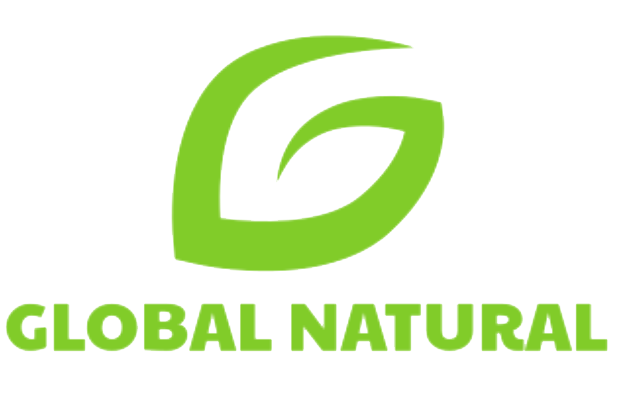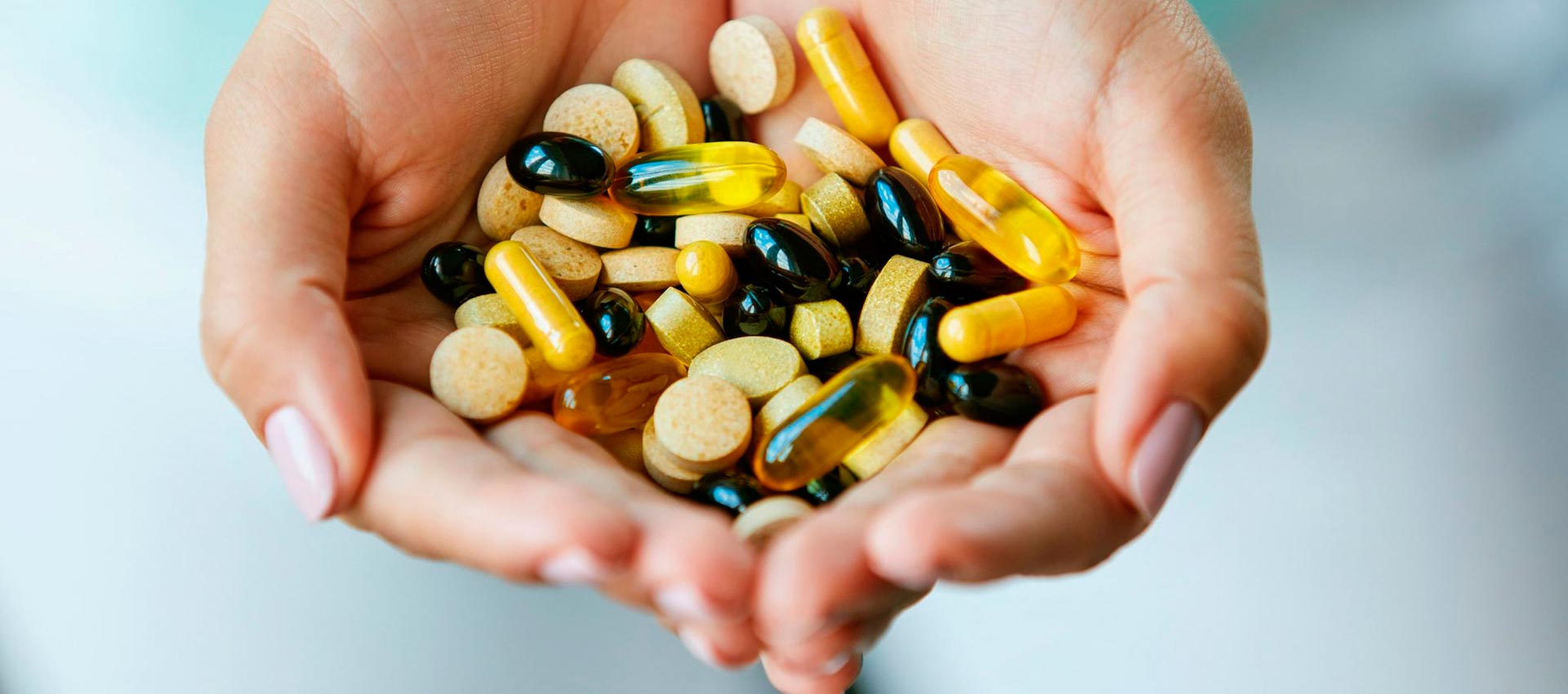Frequently Asked Questions
Why does everyone need supplements?
The first reason is soil depletion. Our food is only as nutrient-dense as the soil in which it grows. Through time and environmental changes (such as GMOs, monocultures, pesticides, herbicides, erosion, etc.), our soils are depleted of nutrients — making our food less nutrient-dense.
The second reason is stress. It depletes valuable mineral stores in our bodies, which must be replaced.
Thirdly, poor diet. You are definitely getting fewer antioxidants, polyphenols, fat-soluble vitamins, Omega-3s, and other really important things.
Fourthly, toxins. They come from car exhaust, paint fumes, office buildings, air fresheners, cleaning products, off-gassing of furniture and mattresses, chlorinated and fluoridated water, vaccines, xenoestrogens, EMFs, poor air quality, and yes, our food. The right supplements can assist your body in detoxifying more efficiently.
And besides, intense exercise depletes nutrients.
Are dietary supplements standardized?
Dietary supplements are not required to be standardized either in the USA, or in Europe. In fact, no legal or regulatory definition exists in the United States for standardization as it applies to dietary supplements.
In the EU, food supplements are regulated as foods. Harmonised legislation regulates the vitamins and minerals, and the substances used as their sources, which can be used in the manufacturing of food supplements.
For ingredients other than vitamins and minerals, the European Commission has established harmonised rules to protect consumers against potential health risks and maintains a list of substances which are known or suspected to have adverse effects on health and the use of which is therefore controlled/ (According to European Food Safety Authority).
What is a botanical?
A botanical is a plant or plant part valued for its medicinal or therapeutic properties, flavor, and/or scent. Herbs are a subset of botanicals. Products made from botanicals that are used to maintain or improve health may be called herbal products, botanical products, or phytomedicines.
Can botanicals be dietary supplements?
To be classified as a dietary supplement, a botanical must meet the official definition of a dietary supplement. Many botanical preparations do.
Are botanical dietary supplements safe?
Many people believe that products labeled “natural” are safe and good for them. This is not necessarily true because the safety of a botanical depends on many things, such as its chemical makeup, how it works in the body, how it is prepared, and the dose used.
The action of botanicals range from mild to powerful (potent). A botanical with mild action may have subtle effects. Chamomile and peppermint, both mild botanicals, are usually taken as teas to aid digestion and are generally considered safe for self-administration.
Some mild botanicals may have to be taken for weeks or months before their full effects are achieved. For example, valerian may be effective as a sleep aid after 14 days of use but it is rarely effective after just one dose.
In contrast a powerful botanical produces a fast result. Kava, as one example, is reported to have an immediate and powerful action affecting anxiety and muscle relaxation.
Should I check with my doctor or healthcare provider before using a supplement?
Before taking any supplements please contact your health care provider.
Are dietary supplement serving sizes standardized or are there restrictions on the amount of a nutrient that can be in one serving?
Other than the manufacturer’s responsibility to ensure safety, there are no rules that limit a serving size or the amount of a nutrient in any form of dietary supplements. This decision is made by the manufacturer and does not require review or approval.
Where can I get information about a specific dietary supplement?
EU and US manufacturers and distributors do not need approval to sell their dietary supplements. If you want more detailed information than the label tells you about a specific product, you may contact the manufacturer of that brand directly. The name and address of the manufacturer or distributor can be found on the label of the dietary supplement.
Who has the responsibility for ensuring that a dietary supplement is safe?
By law, the manufacturer is responsible for ensuring that its dietary supplement products are safe before they are marketed.


